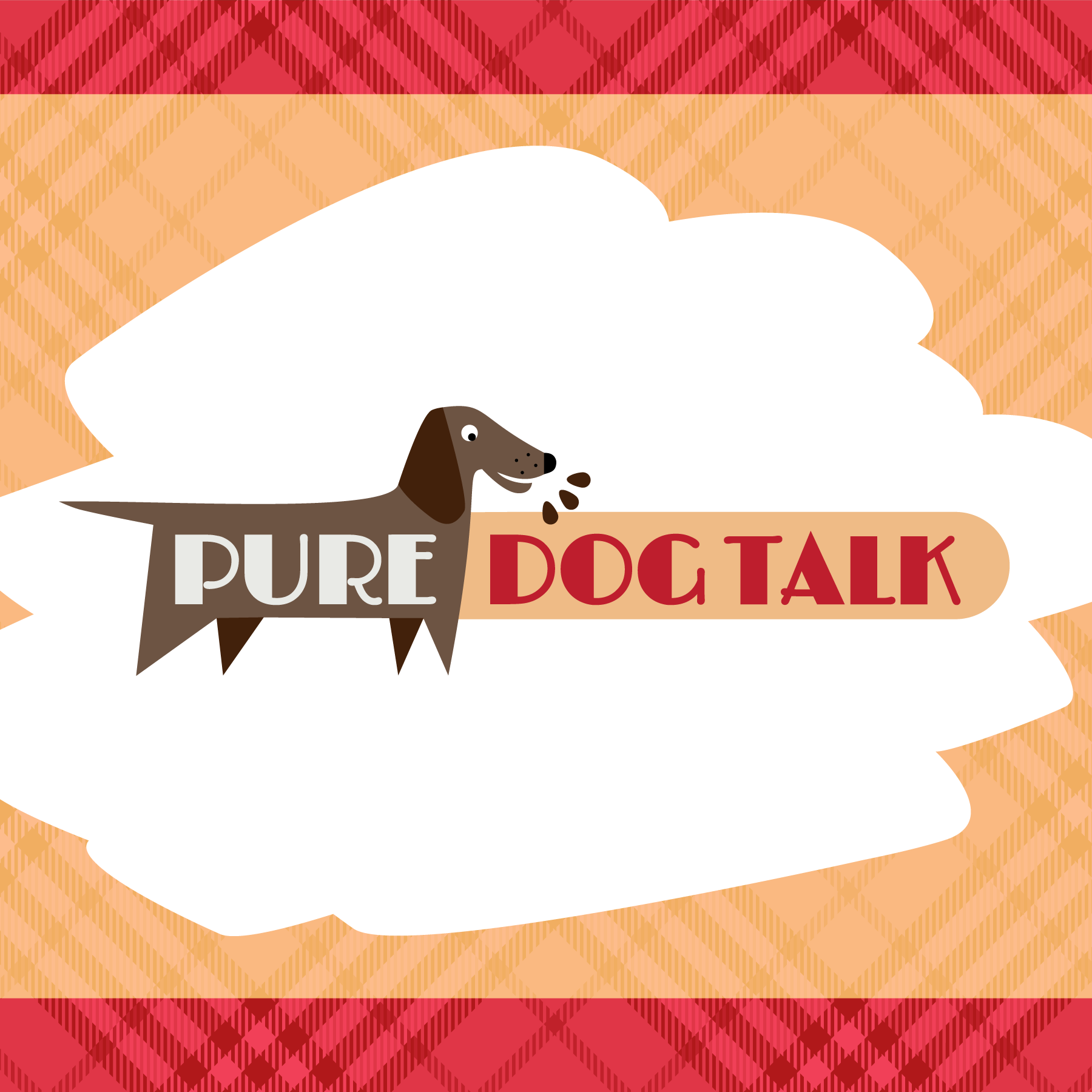Nutrition Recommendations in Breeding Dogs
Dr. Marty Greer and Sheryl Bradbury, owned brands manager at Revival Animal Health, join Host Laura Reeves for a discussion about micronutrients and supplements for breeding dogs.
“One of the concepts that we need to discuss is that there's a likelihood that some of the commercial diets are not as nutritionally complete as they need to be for all stages of the dog’s life and that includes reproduction,” Greer said.
“Reproduction truly is a luxury in the body and it's only going to happen if the body has already been able to take care of its vital organs. Then your body can start thinking about making sperm, making eggs, growing babies, all those parts. So it's really important that we don't overlook the micronutrients that sometimes are not mainstream enough for the general pet food company diets to be included in the food.
“Folic acid, of course, is important to reduce the risk of midline defects. These are primarily thought of as being cleft palates, but it can be cleft lips, it can be umbilical hernias, it can be open abdominal walls, spina bifida, any number of those types of midline defects where, during development, the right side and the left side of the body don't find each other.
“A 5 milligram per dog per day dose (of Folic Acid) regardless of the size of the dog. That's a pretty big dose. A lot of times, we only see something like 400 micrograms in a capsule or caplet when it's purchased over the counter. So, you have to read the label. You have to make sure that you're getting the product that you want.
Revival's been working on raising the amount of folic acid in their supplements to make sure that it's sufficient.
“Studies show that the dogs that are clinically and genetically predisposed to developing cleft palates, such as the French bulldog, Chihuahua, the bulldog, they can significantly reduce by 50 to 60% the incidence of cleft palates. The most important thing to remember is you need to start it six weeks before the dog is bred, so you can't wait until she comes into heat.
“DHA has been determined, through a really nice study from
Canine Companions for Independence, to be essential in brain and eye development for puppies. Carbohydrates over the last few years have fallen into some interesting categories of the grain free diets. We lost some of the oatmeal, barley, rice, wheat, corn, those kinds of things and they've been replaced by peas, beans and lentils which are concerning.
“There's a lot of other really little tiny nutrients that are difficult to really completely follow … that's going to include tyrosine, arginine, taurine, vitamin E, biotin, vitamin A and vitamin C. Now vitamin A, we have to be really careful with because excessive amounts of vitamin A, found in things like too much liver or certain supplements, can actually cause midline defects. So it's important that we're paying attention to the details. There’s just a whole bunch of these little tiny nutrients that we assume are all in our foods but perhaps are not in the levels that we need for our bitches.
“The typical young male dog, up until the age of about four or five, is probably fine on most of the diets that we feed. But there are changes that happen in the kind of testosterone that is made in the testicles … so at that point, we really need to step up our nutrient profiles for the stud dogs.
“(An anecdotal survey of veterinarians regarding stud dog supplementation indicated that) typically there was a fatty acid supplement, there was some kind of an anti-inflammatory, whether it was ICSB-CF plus or one of the other glycoflex types of products. Sometimes selenium was included in that. And then L carnitine. L carnitine is important in the tail function and development in the stud dog’s sperm. So, it's an assortment. It tends to be a little cocktail that most people put together in their practice for their stud dogs.”

